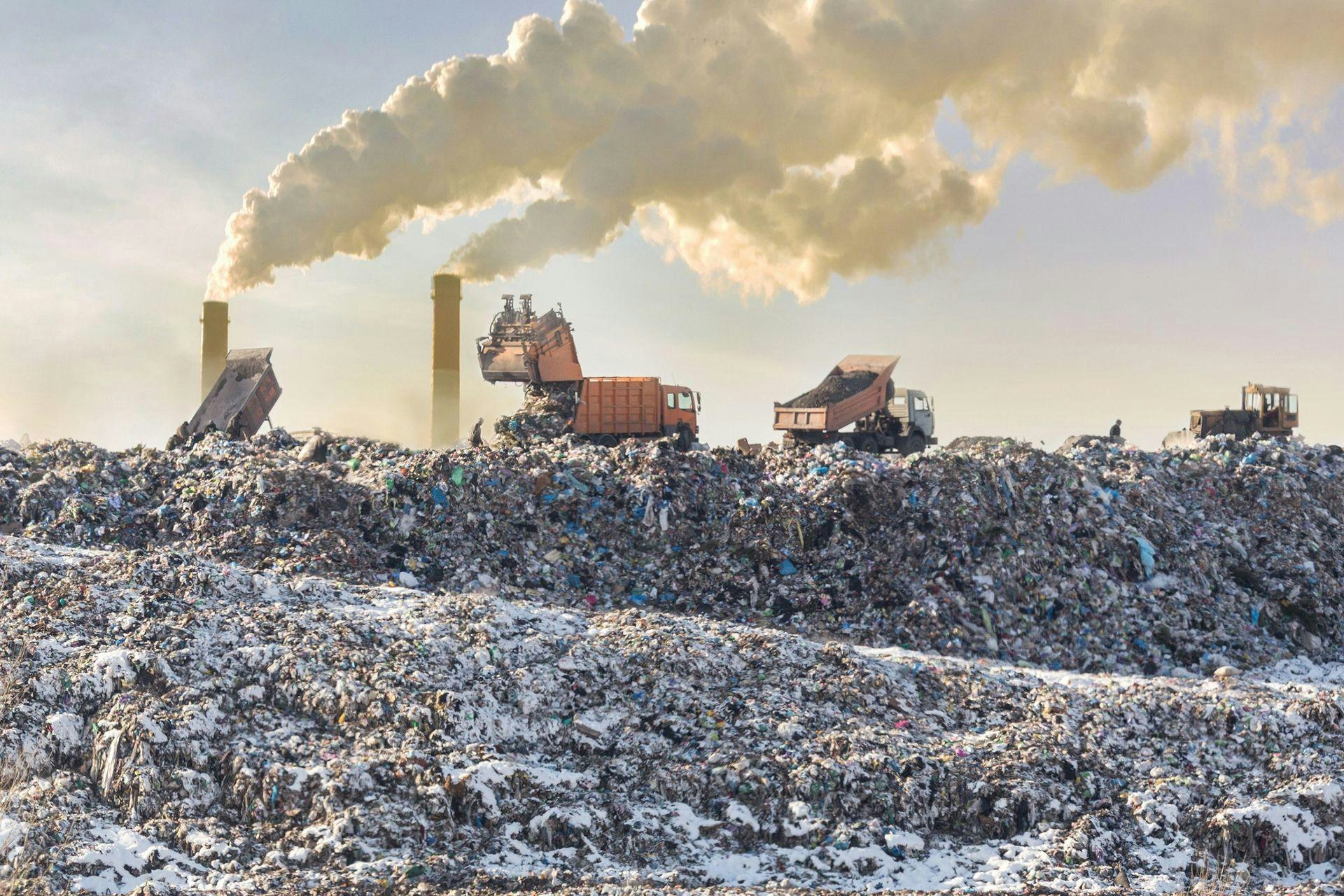At COP21 in 2015, the United Nations and partners responded to these challenges with a $5 billion initiative to expand renewable energy capacity.
“Saving energy is a triple-win solution. It can save money, reduce emissions, and provide additional energy capacity”
Ban Ki Moon, Former UN Secretary General
This action reflects the developed world’s acknowledgement that they have a moral price to pay for over a century of industrialisation that has created climate change. This is right and proper.
It is disappointing therefore, to learn of revelations this week that a number of developed nations are exploiting poorer countries by illegally dumping vast quantities of low-grade plastic waste. The legitimate sale of plastics from rich countries to poorer nations is one thing – but to learn of the illegal dumping of thousands of tonnes of low-grade (non-recyclable) plastics on such a huge scale is worrying.
Malaysia’s Environment Minister, Yeo Bee Yin, said that the country plans to send back 3,300 tonnes of non-recyclable plastic waste to the US, the UK, Canada and Australia. The contaminated waste is currently sitting in 60 stacked containers, which Malaysia says were smuggled in en-route to illegal processing facilities in the country. Yeo said among the items in the containers were cables from the UK, contaminated milk cartons from Australia and CDs from Bangladesh.
Yeo said:
“Malaysia will not be a dumping ground to the world. We will fight back. Even though we are a small country, we can’t be bullied by developed countries.
There is clearly a moral and ethical imperative for the developed economies to get their house in order to ensure that the only plastic waste being shipped is done so legally. The wider picture – including climate change – is more complicated. The Ocean Rescue campaign from Sky News has given rise to a huge surge in public awareness of the incredible amounts of plastic in our oceans – this awareness is already leading to major changes, including public policy pertaining to single-use plastics. In addition, retailers are starting to move towards sustainable non-plastic food packaging solutions. To see the private sector acting responsibly and proactively is great.
At Averda, we believe in investing in innovative solutions to address the kind of intractable waste and environmental issues that the world is currently grappling with. We transform plastics into pellets for industrial processing, turn waste in to energy, seek innovative environmental uses, and run awareness programmes for schools, universities, companies, industries, and cities – educating, engaging and empowering people to reduce, reuse and recycle.
However, it is in the realms of public policy that the challenge of plastic waste needs to be addressed. In an ideal world, there would be zero landfill plastic and no dumping. Through innovation and political will we will get there. But, for now, policy makers in developed countries must act to put measures in place to prevent illegal dumping – and all of us should follow Malaysia’s example by pushing back against yet another example of exploitation of the developing world.



